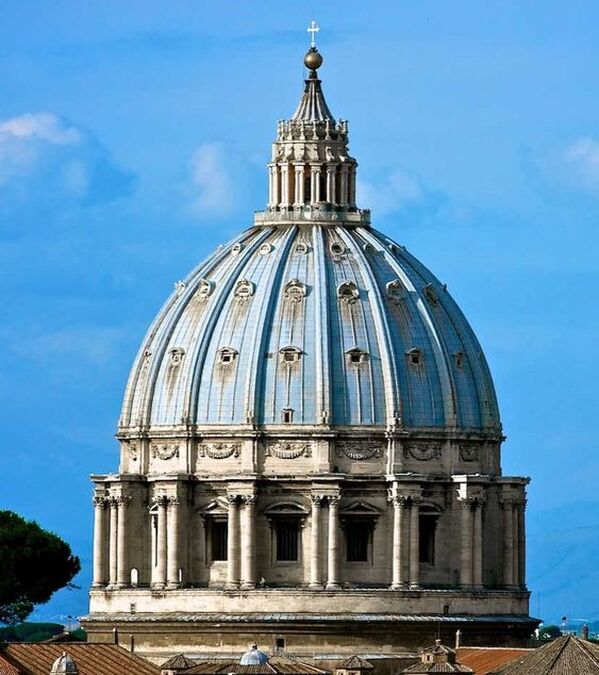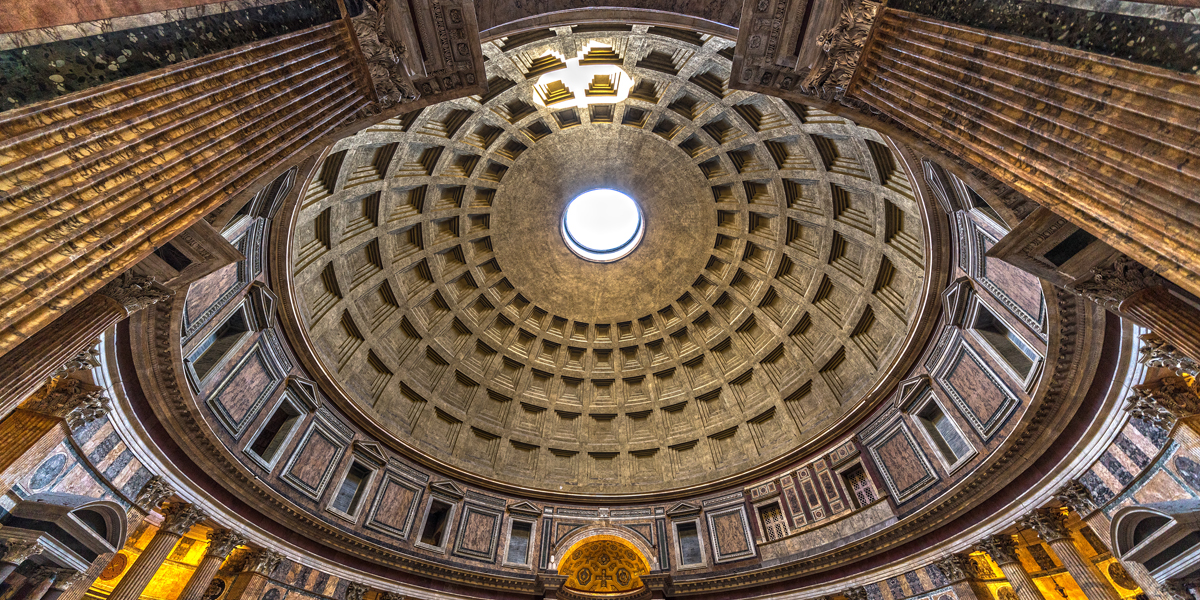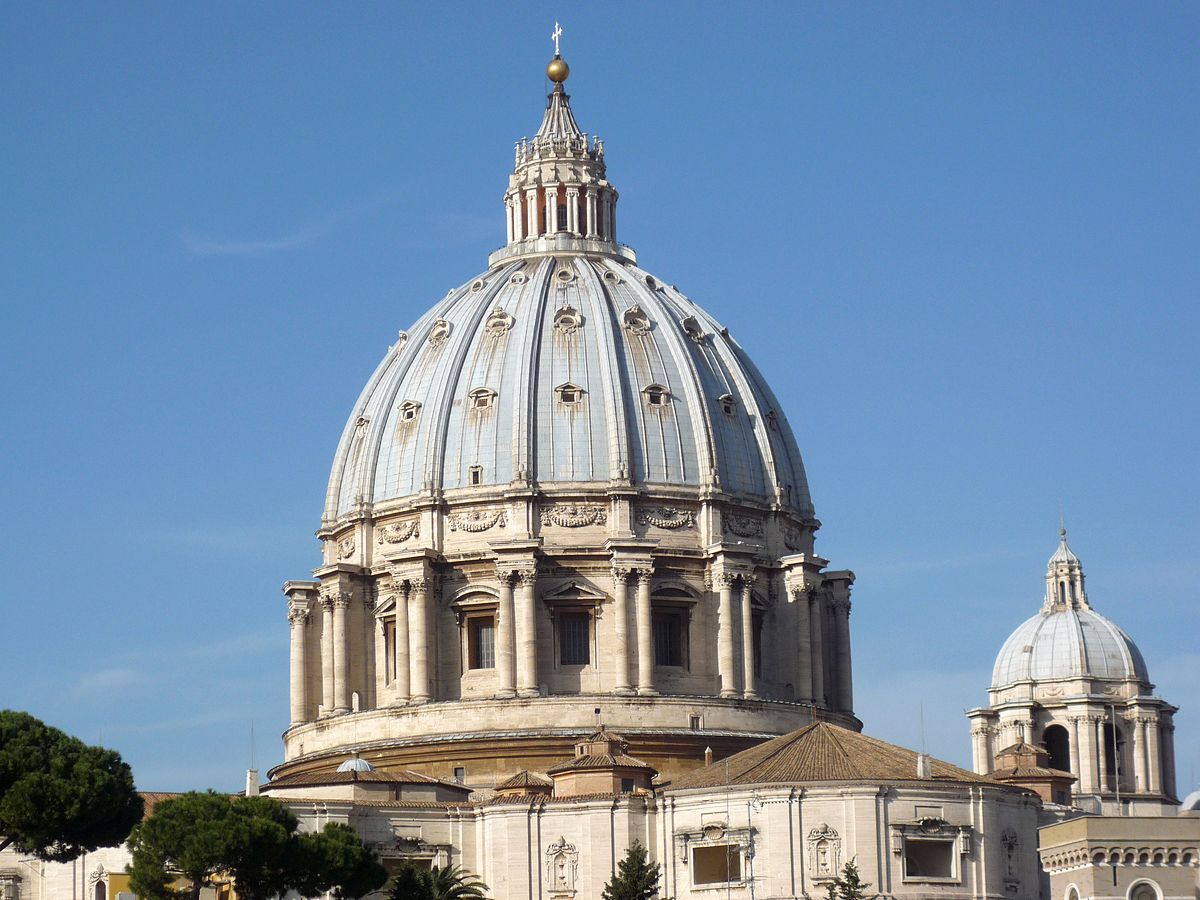Dome of the Rock through an Arch Stock Photo Image of historical, horizontal 29761112

Arch and dome stock photo. Image of arabic, homestead, continental 331676
Roman Architecture Characteristics, Influences, Building Techniques, Legacy. MAIN A-Z INDEX - A-Z of ARCHITECTURE Colosseum, Rome (72-80 CE). Alcantara Bridge, Spain (104-6 CE) Roman Architecture (c.400 BCE - 400 CE) Contents • Architecture of Ancient Rome • Roman Characteristics • Influences • Building Techniques: Arch, Vault, Dome

Buckminster Fuller’s Geodesic Dome and Futuristic Architecture Photos Architectural Digest
The terms "arch" and "dome" encompass a variety of different building styles and construction techniques, many of which are found throughout the Indian subcontinent. While this style of architecture has deep roots in India, it is largely credited to the ancient Persian civilisation and the Islamic invasion of India from the 8th to 16th centuries.
:max_bytes(150000):strip_icc()/dome-taj-134643743-56a02fa43df78cafdaa06fc6.jpg)
10 of the Greatest Domes in the World
Dome A domelike structure or object. Aug 16, 2020 Arch A curve with the ends down and the middle up:the arch of a raised eyebrow. Aug 16, 2020 Dome A system of strata that is uplifted in the center, forming a concentric anticline. Aug 16, 2020 Arch

Rome City of Domes Walks in Rome (Est. 2001)
An arch is a curved vertical structure spanning an open space underneath it. [1] Arch can either support the load above it or perform a purely decorative role. [2] The arch dates back to fourth millennium BC, but became popular only after its adoption by the Romans in the 4th century BC. [3]

Free Stock Photo of Dome Ceiling with Arches
Domes, like vaults, evolved from the arch, for in their simplest form they may be thought of as a continuous series of arches, with the same centre. Therefore, the dome exerts thrusts all around its perimeter, and the earliest monumental examples required heavy walls.

Dome Arch of a Modern Building Stock Photo Image of dome, modern 178956858
The Arched Architecture of Domes Construction's Hidden Treasure Written by James Wormald Published on July 04, 2023 Share Houses and buildings are one of the first subjects children learn to.

Dome of the Rock through an Arch Stock Photo Image of historical, horizontal 29761112
dome, in architecture, hemispherical structure evolved from the arch, usually forming a ceiling or roof. Domes first appeared as solid mounds and in techniques adaptable only to the smallest buildings, such as round huts and tombs in the ancient Middle East, India, and the Mediterranean. The Romans introduced the large-scale masonry hemisphere.

Arch & dome,Taj Mahal Ritual journey to Nepal, India the origin of Buddhism Pinterest
A dome is an architectural element that is curved in shape and forms the top half of a sphere. Domes do not need any internal support and can cover a great area while using very little quantity of material. Domes originated from arches and were initially only used for small buildings such as huts and tombs.

Dome Of The Rock Arch, Temple Mount Photograph by William Perry Pixels
Dome is a structural element in architecture that has changed its shape, functions, and materials from time to time representing the advancement of human beings in mathematics and technology. The shape of domes in architecture is the half of a hollow sphere, mainly placed on the roof or as a whole it serves as a shelter.

Arch next to dome of the rock featuring arch, dome, and of HighQuality Architecture Stock
Architecture portal v t e A dome (from Latin domus) is an architectural element similar to the hollow upper half of a sphere. There is significant overlap with the term cupola, which may also refer to a dome or a structure on top of a dome.

Reaching to heaven Italy's most beautiful domed churches
Dome architecture has varied culturally and evolved in structure and importance. In ancient times, it was an essential structure for shelter and storage. It developed architecturally from having.

» The Dome of the Rock (Qubbat alSakhra)
The invention of the arch led to the invention of the vault and dome, which allowed the Romans to build stronger and more efficient structures such as bridges and aqueducts. When used to create vaults, the arch was useful in building amphitheaters. Finally, when the arch was used to construct domes, it functioned well in temples/basilicas.

ancient, arch, architecture, basilica, building, cathedral, ceiling, church, dome, historical
Discover the latest Architecture news and projects on Dome at ArchDaily, the world's largest architecture website. Stay up-to-date with articles and updates on the newest developments in architecture.

Still the world's largest unsupported concrete dome Pantheon in Rome. Photo by Trace [5057 x
1. Saint Basil's Cathedral A dome is a hemispherical structure usually forming a ceiling or roof. Dome structures made of various materials have been used throughout history by several different civilizations. In the ancient Near East domes were made as tombs of solid mounds. The Inuit in the Arctic created their igloos from

Dome Wikipedia
Underneath it, all is a smaller, self-supporting dome, visible only from the inside. Santa Maria Della Pace was initiated under Sixtus IV, but the dome was built in the 16th century between 1520 and 1525 and it shows the three main elements of a dome: the drum, the vault, and the lantern. Roman dome architecture

Arch next to dome of the rock featuring arch, dome, and of HighQuality Architecture Stock
In architecture terms the difference between dome and arch is that dome is a structural element resembling the hollow upper half of a sphere; a cupola while arch is ( architectural element) An architectural element having the shape of an arch. As a verb arch is to form into an arch shape. As an adjective arch is